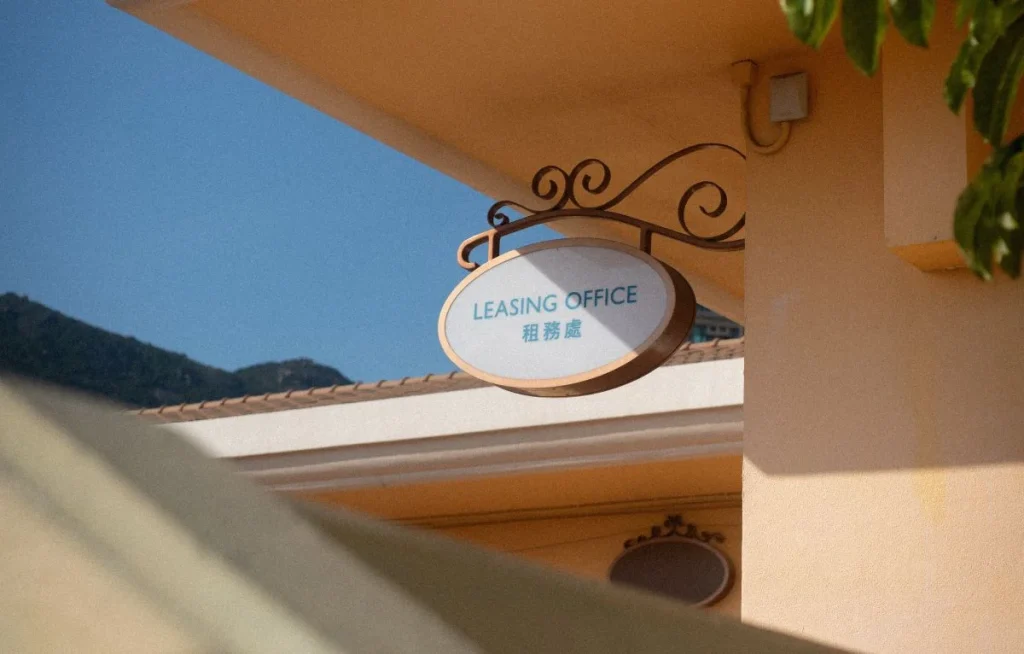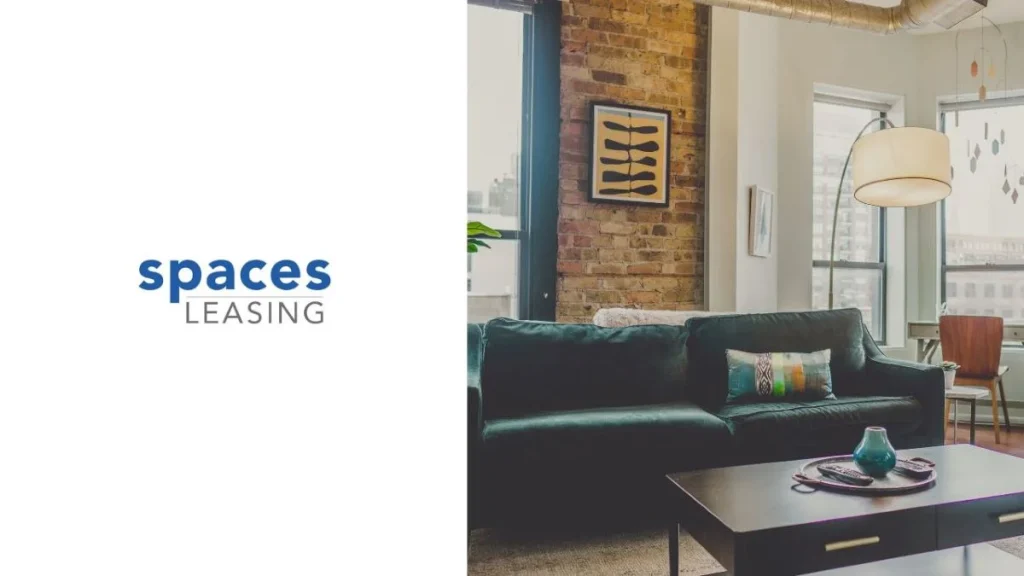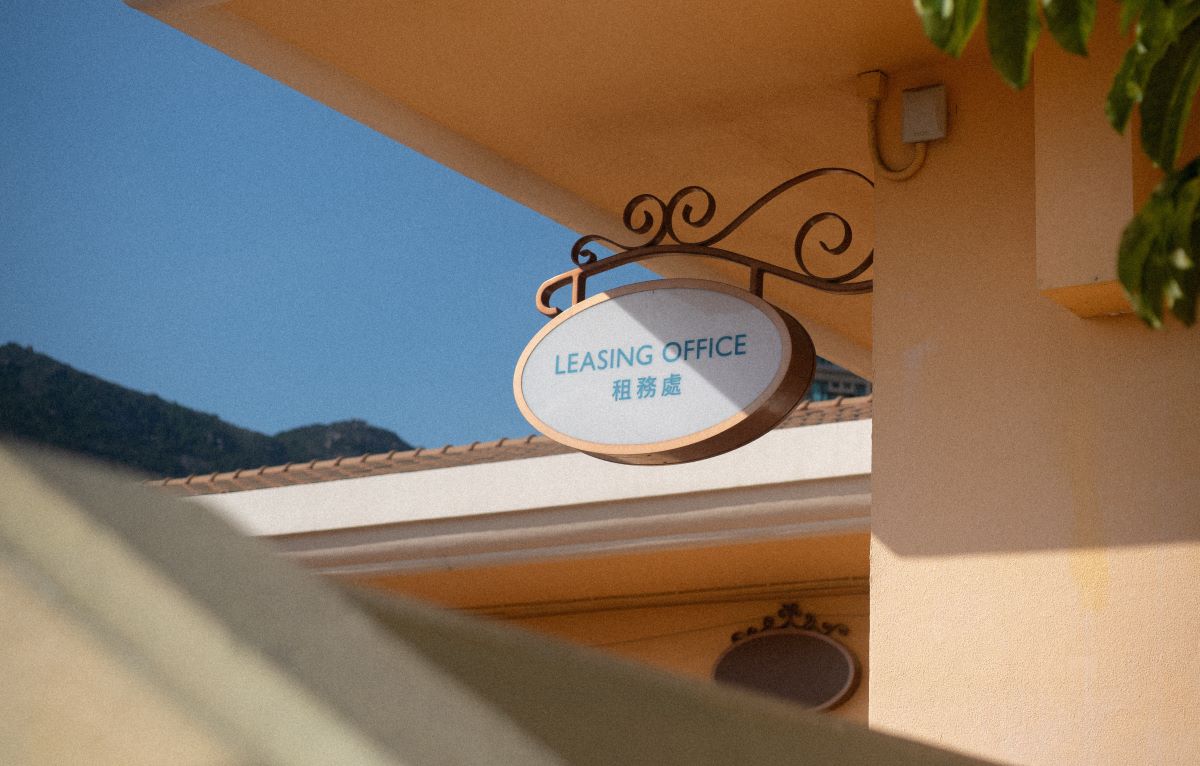Are you considering purchasing a property? When exploring your options, you might come across the term “leasehold ownership.” This blog aims to demystify leasehold ownership, explaining what it is, how it works, and why it might be a viable choice for you. Whether you’re a first-time buyer or an experienced investor, understanding leasehold ownership can help you make informed decisions in the real estate market especially if you are on a hunt for a condo in Las Piñas or any location in the country.
What is Leasehold Ownership?
Leasehold ownership refers to a unique arrangement where a person acquires the right to use and occupy a property for a specified period, typically ranging from 25 to 50 years. In this arrangement, the leaseholder does not own the land outright but holds a lease agreement with the landlord, also known as the freeholder. The lease outlines the terms and conditions of the tenancy, including any associated costs and responsibilities.
Leasehold ownership can be compared to borrowing a book from a library. When you borrow a book, you have the right to read and enjoy it for a certain period of time, but you don’t actually own the book. The library remains the owner of the book, and you have to return it when the borrowing period is over.
Imagine you find your dream apartment in a bustling city. Instead of purchasing the property outright, you enter into a leasehold agreement with the freeholder, granting you the exclusive right to live in that apartment for the next 25 years. This scenario showcases the essence of leasehold ownership.
The Roles of the Leaseholders and Freeholders:
In a leasehold ownership structure, two primary parties play crucial roles: the leaseholder and the freeholder. Let’s take a closer look at what these roles entail:

The Leaseholder (Tenant):
As a leaseholder, you hold the rights to occupy and use the property for the duration of the lease. This means you can customize the interior, enjoy the amenities, and even sublet the property if the lease permits. However, it’s essential to fulfill your responsibilities, such as paying ground rent, and service charges, and adhering to the terms of the lease agreement.
The Freeholder (Landlord):
The freeholder owns the land and is responsible for maintaining the overall structure and common areas of the property. They collect ground rent and service charges from the leaseholders to cover the costs associated with managing and maintaining the property. The freeholder also ensures that the leaseholders adhere to the terms outlined in the lease agreement.
Benefits and Considerations of Leasehold Ownership:
Now that we understand the basic framework of leasehold ownership, let’s explore some of its benefits and considerations:

Benefits of Leasehold Ownership:
- Affordability: Leasehold properties are often more in budget than freehold properties, making them an attractive option for first-time buyers or those on a limited budget.
- Amenities and Services: Many leasehold properties, particularly apartments or gated communities, offer additional amenities and services, such as gyms, swimming pools, security, and maintenance, enhancing your quality of life.
- Limited Responsibilities: The freeholder is responsible for managing common areas and external maintenance, alleviating some of the burdens that come with property ownership.
Considerations of Leasehold Ownership:
- Lease Extension and Renewal: It’s essential to understand the lease’s duration and consider potential costs associated with extending or renewing the lease when it approaches the end of its term.
- Ground Rent and Service Charges: Leaseholders are typically obligated to pay ground rent and service charges, so it’s vital to factor in these costs when assessing the affordability of a leasehold property.
- Lease Restrictions: Leases may include certain restrictions, such as limitations on subletting, making structural changes, or keeping pets. Familiarize yourself with the lease’s terms to ensure they align with your lifestyle and future plans.
Scenarios and Examples:
To bring leasehold ownership to life, let’s explore a few scenarios and examples:

City Living:
Imagine you aspire to live in a vibrant city center. Leasehold apartments often offer a convenient and affordable solution, granting you access to urban amenities and a thriving social scene. However, you must be mindful of factors like lease length, service charges, and the reputation of the freeholder to ensure a positive living experience.
New-Build Developments:
Suppose you’re interested in purchasing a property in a newly constructed development. Many developers offer leasehold ownership for apartments or townhouses within these projects. Such developments often include communal facilities, landscaping, and maintenance services, providing a hassle-free lifestyle. However, scrutinize the terms of the lease and consider any potential increases in ground rent or service charges over time.
The Future of a Leasehold Property Ownership:
In recent years, there has been increasing scrutiny around leasehold ownership, particularly in relation to escalating ground rents and leasehold mis-selling. Governments and regulatory bodies are actively working to address these concerns and propose reforms to enhance consumer protection and transparency within the leasehold sector. As a potential leaseholder, staying informed about changing regulations can help you navigate the landscape more confidently.
Choose Spaces Leasing

If you’re currently facing difficulties in finding a condominium, Spaces Leasing is here to assist you in your search for a move-in ready or ready-for-occupancy condo. They provide comprehensive support, including condo rentals and assistance with move-in and move-out processes.
Spaces Leasing offers a dedicated team that manages your unit, ensuring a smooth experience throughout the entire process. Their knowledgeable agents will guide you through the necessary paperwork, documentation, and maintenance requirements, helping you make informed decisions that align with your lifestyle needs. Working with Spaces Leasing means finding the perfect property that suits your convenience, whether it’s for work or university.
Whether you’re a first-time investor or someone seeking the ideal home to pursue your dream career, Spaces Leasing offers several advantages of condo living. They have carefully curated a range of leasing options, each designed to provide higher yields, worry-free leasing, and effortless enrollment.
Spaces Leasing, is dedicated to transforming customers’ purchases into profitable investments. They take on the responsibility of leasing out properties, relieving customers of the burden, and ensuring a hassle-free experience.
By choosing Spaces Leasing, you gain access to an unparalleled selection of leasing options, professional support, and the opportunity to turn your property into a fruitful investment. Let their expertise and services guide you toward a successful condo ownership experience.
Final Thoughts
Leasehold ownership offers an alternative path to property ownership, allowing you to enjoy the benefits of a property without shouldering all the responsibilities of land ownership. By understanding the roles of leaseholders and freeholders, weighing the benefits and considerations, and considering real-life scenarios, you can make informed decisions when it comes to leasehold properties.
Next time you encounter the term “leasehold ownership,” remember that it represents an opportunity to secure a property on your terms, with unique advantages and considerations. So, whether you’re pursuing city living, exploring new developments, or seeking a more affordable option, leasehold ownership might just be the perfect fit for you!
Related Blog: Different Types of Ownership in Real Estate Properties


